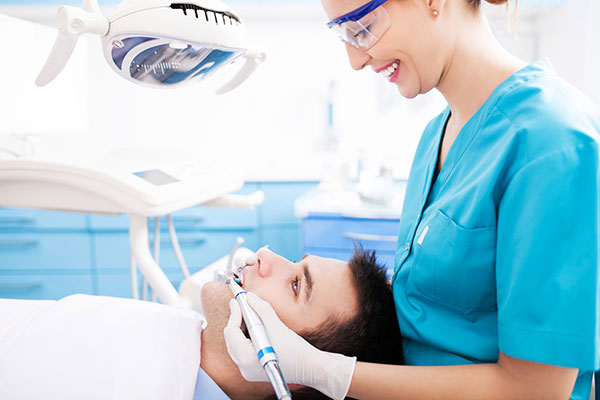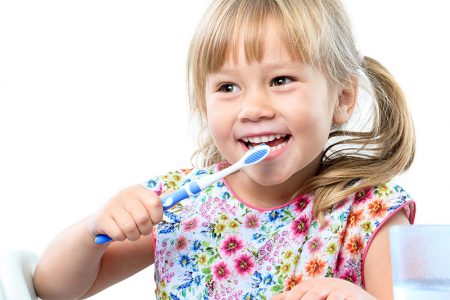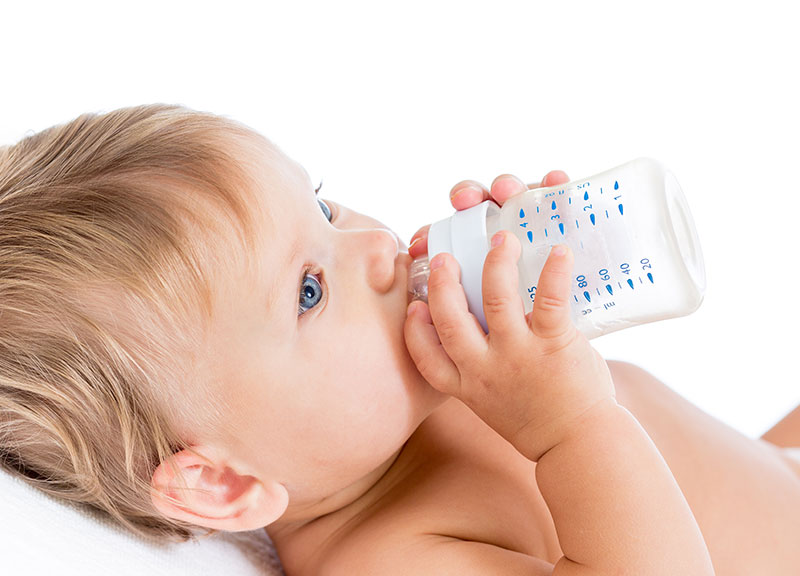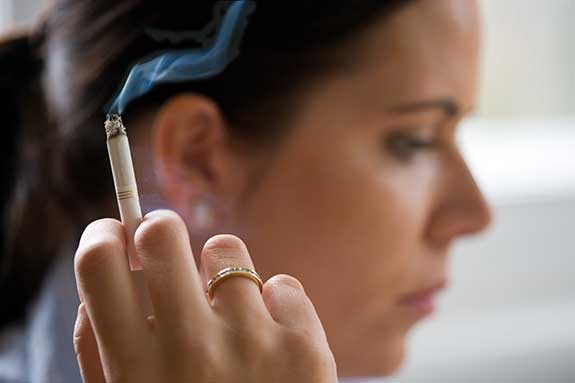
Tips for Managing Dental Anxiety
It is quite common to feel a little stressed or anxious when thinking about the doctor or the dentist. Most of this fear comes from the idea of the “unknown,” or feeling a lack of control. Rest assured that many other people out there feel this same anxiety about dental and doctors’ offices. The last thing you should do is avoid going to the dentist because infrequent dental visits can lead to gum disease and cavities, which worsen with time. Avoiding the dentist can lead to issues with eating, speaking, pain, and low self-esteem.
Forms of Dental Anxiety
Anxiety can present itself in the form of an upset stomach, hot flashes, sweating, palpitations, low blood pressure, fainting, hyperventilating, difficulty breathing, and even panic attacks. One or several of these symptoms may be experienced.
How Can We Help Your Anxiety?
- Talk with your dentist about your concerns. If your dentist is aware of your anxiety, they will be able to alter treatment to fit your needs, such as detailed explanations about treatment and slowing things down.
- Ask what tools are available to help with your anxiety in the office. These office tools may include TV/ movies, noise-canceling headphones, blankets, aromatherapy, or relaxing music.
- Dental sedation such as nitrous oxide, conscious sedation, or general anesthetic
How Can You Help Your Anxiety?
- Meditation to address your dental anxiety, make sure to take deep breathes and practice mindfulness
- Distract yourself from your surroundings. Use your phone, watch the TV or movie, listen to some music.
- Use a stress ball or something similar to hold in your hand.
- Use visualization techniques to daydream.
- Consider using anxiety medication. This must be discussed with your medical doctor before your appointment. Certain medications can help for the short term to take the edge off.
If you experience dental anxiety, and if you haven’t been to the dentist in a long time because of your dental anxiety, we encourage you to contact us today to discuss options.







